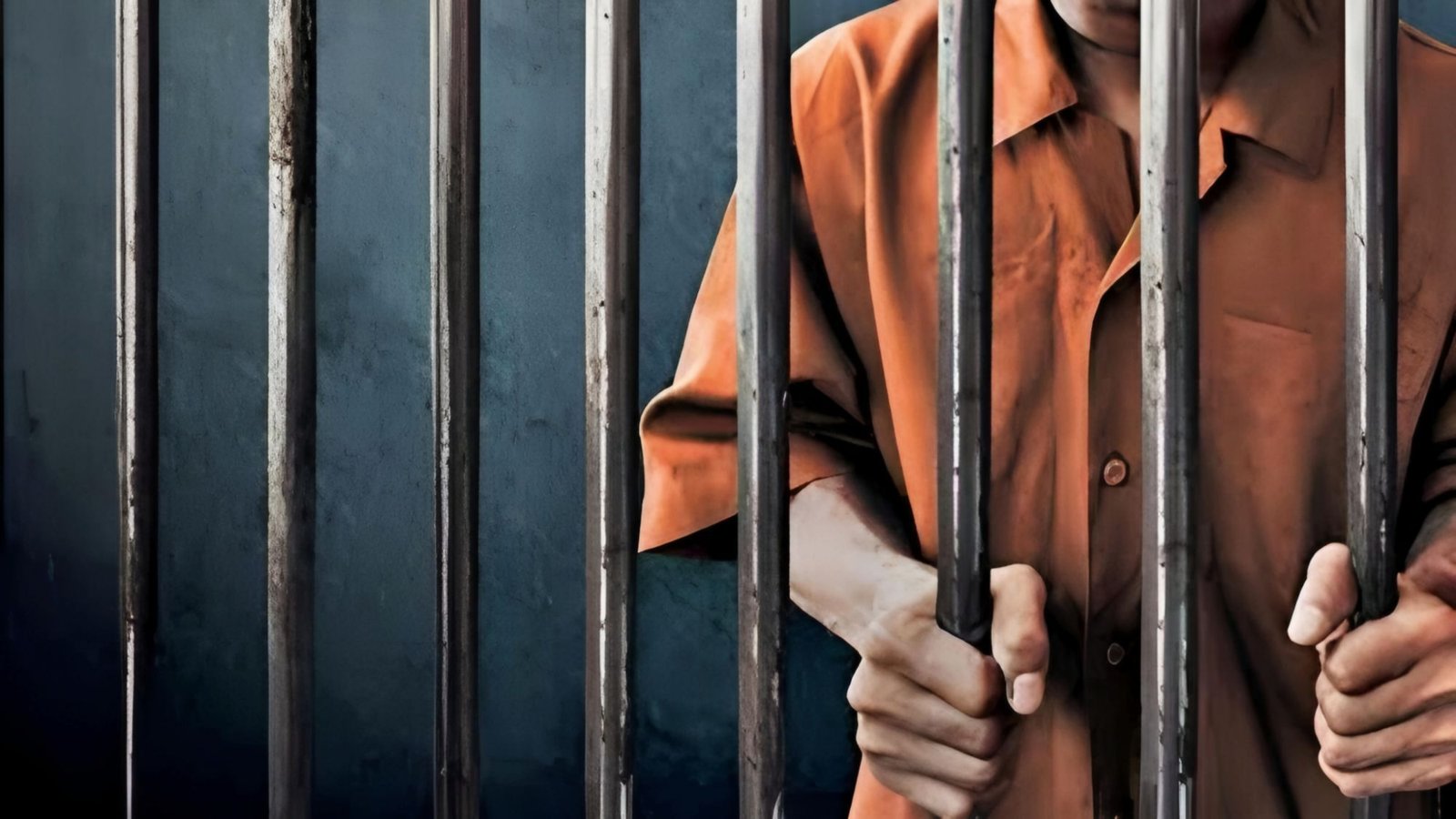
Under 100 Words: A Compact Summary
The Ministry of Home Affairs announced the commencement of three new criminal laws from July 1, 2024—Bharatiya Nyaya Sanhita, Nagarik Suraksha Sanhita, and Bharatiya Sakshya Adhiniyam. These replace existing codes, emphasizing swift justice, addressing new crimes, and incorporating provisions for victims’ rights. The reforms, initiated in 2019, aim to streamline the criminal justice system (Government Introduces 3 New Criminal Laws).
- On Saturday, the Ministry of Home Affairs (MHA) officially set the commencement date for three new criminal laws—Bharatiya Nyaya Sanhita 2023, Nagarik Suraksha Sanhita 2023, and Bharatiya Sakshya Adhiniyam 2023—declaring that they will take effect from July 1 of this year.
- The MHA communicated this announcement through three distinct notifications, specifying that July 1 is the designated date for the enactment of these laws’ provisions (Government Introduces 3 New Criminal Laws).
- Following a notification issued under the authority granted by sub-section (2) of section 1 of the Bharatiya Nyaya Sanhita, 2023 (45 of 2023), the Ministry of Home Affairs (MHA) has officially designated the 1st day of July 2024 as the effective date for the enactment of the Sanhita’s provisions.
- The declaration specifies that all provisions of the Sanhita will come into force on this date, except for the provision outlined in sub-section (2) of section 106 (Government Introduces 3 New Criminal Laws).
- Utilizing the authority granted by sub-section (3) of section 1 of the Bharatiya Nagarik Suraksha Sanhita, 2023 (46 of 2023), the Ministry of Home Affairs (MHA) has designated the 1st day of July 2024 as the effective date for the enforcement of the Sanhita’s provisions.
- The declaration specifies that all provisions of the Sanhita will come into force on this date, excluding the provisions related to section 106(2) of the Bharatiya Nyaya Sanhita, 2023, as outlined in the First Schedule (Government Introduces 3 New Criminal Laws).
- In the exercise of powers conferred by sub-section (3) of section 1 of the Bharatiya Sakshya Adhiniyam, 2023 (47 of 2023), the Central Government has officially appointed the 1st day of July 2024 as the date on which the provisions of the Adhiniyam will come into force, according to another notification.
- These developments follow President Droupadi Murmu’s approval of the laws on December 25, shortly after the Parliament passed the three criminal bills: the Bharatiya Nyaya (Second) Sanhita Bill, the Bharatiya Nagarik Suraksha (Second) Sanhita Bill, and the Bharatiya Sakshya (Second) Bill.

- Addressing crimes against women and children, murder, and offenses against the nation, these bills were approved by both the Lok Sabha and the Rajya Sabha during the recently concluded Winter Session of Parliament.
- Consequently, the Bharatiya Nyaya Sanhita replaces the Indian Penal Code (IPC), the Nagarik Suraksha Sanhita replaces the Code of Criminal Procedure (CrPC), and the Bharatiya Sakshya Adhiniyam replaces the Indian Evidence Act (Government Introduces 3 New Criminal Laws).
- The Bharatiya Nyaya Sanhita comprises 358 sections, a reduction from the 511 sections in the IPC (Government Introduces 3 New Criminal Laws). It introduces 20 new crimes, enhances the imprisonment sentence for 33 offenses, increases fines for 83 crimes, introduces mandatory minimum punishment for 23 crimes, incorporates community service penalties for six crimes, and repeals 19 sections.
- The Bharatiya Nagrik Suraksha Sanhita, with 531 sections, replaces the 484 sections of the CrPC. It undergoes 177 provision changes, adds nine new sections, introduces 39 new sub-sections, includes 44 new provisions and clarifications, adds timelines to 35 sections, and incorporates audio-video provisions at 35 places. Fourteen sections are repealed.
- The Bharatiya Sakshya Adhiniyam has 170 provisions, an increase from the original 167. It changes 24 provisions, adds two new provisions and six sub-provisions, and repeals six provisions.
- The comprehensive implementation of these laws aims to end delays in justice delivery, with a commitment to concluding cases within three years, as emphasized by Union Home Minister Amit Shah in Parliament.
- The Bharatiya Nyaya Sanhita introduces a new chapter addressing ‘Crimes against Women and Children,’ proposing amendments to provisions related to the rape of women under 18 years.
- It aligns with the Protection of Children from Sexual Offences Act (POCSO), introducing life imprisonment or death penalty for the rape of girls below 18 years (Government Introduces 3 New Criminal Laws). The Sanhita also addresses fraudulent engagement in sexual intercourse and promises to marry without genuine intent.
- For the first time, terrorism is defined in the Bharatiya Nyaya Sanhita, establishing it as a punishable offense. Acts endangering the unity, integrity, sovereignty, or security of India, committing terrorist acts using various means, are subject to the death penalty or life imprisonment without parole (Government Introduces 3 New Criminal Laws).
- A new section on organized crime is added, defining and punishing illegal activities by syndicates, including armed rebellion, subversive activities, separatist activities, or acts threatening India’s sovereignty. Small organized crimes are also criminalized.
- Provisions related to mob lynching, murder based on race, caste, and community, snatching, and severe penalties for injuries leading to near-disability or permanent disability are introduced.
- The practice of filing zero FIRs is institutionalized, allowing FIRs to be lodged anywhere (Government Introduces 3 New Criminal Laws). The victim’s right to information is ensured, with the right to receive a free copy of the FIR and information about the investigation’s progress within 90 days.
- Bharatiya Nagrik Sukraksha Sanhita incorporates timelines in 35 sections for swift justice delivery, setting time limits for various criminal proceedings (Government Introduces 3 New Criminal Laws).
- This legislative reform, initiated in 2019 with over 3,200 suggestions from stakeholders, involved extensive discussions in the Home Ministry led by Union Home Minister Amit Shah in more than 150 meetings.
ALSO READ – Infrastructure Development: Pakistan Building Pipeline for Iranian Natural Gas Import.